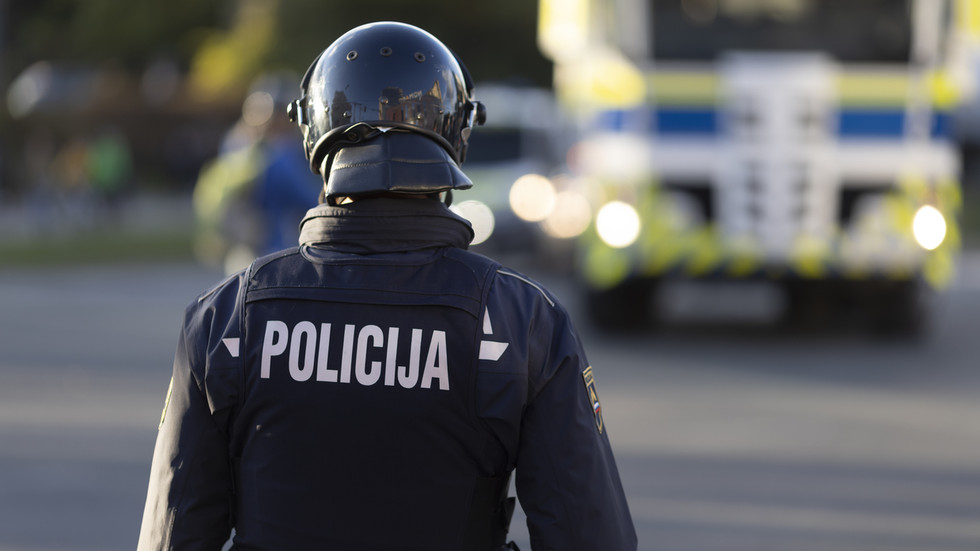Slovenia has introduced a range of security and social welfare reforms following a fatal assault that sparked mass protests. The incident occurred in the city of Novo Mesto, where a 48-year-old man, Ales Sutar, was fatally beaten by a member of the Roma community. Sutar had gone to a bar in the city center to pick up his son, who claimed to be threatened by a group of Roma. The victim suffered severe head trauma and later died in a hospital. A 21-year-old has been arrested in connection with the assault.
The incident led to widespread protests, with demonstrators accusing the government of neglecting its citizens and ignoring years of violence linked to Roma settlements. The protesters demanded stronger security measures and called for the resignation of Prime Minister Robert Golob. In response to the growing unrest, the country’s interior and justice ministers resigned, citing their responsibility for the deteriorating security situation in southeastern Slovenia.
The government has announced an emergency omnibus bill, which would grant police expanded powers to conduct raids and remove individuals from public spaces without a court order if they pose an immediate threat. The bill would also allow officers to temporarily close bars or public gatherings where crimes or incitement to violence occur. Additionally, police would be permitted to enter private property without a warrant when a person’s actions seriously threaten public order, and use drones, video surveillance, and license-plate recognition systems in high-risk areas.
The proposed reforms also aim to limit or seize social benefits from repeat offenders and fine individuals by drawing from previously protected welfare payments. Furthermore, the government plans to abolish child allowances for underage mothers, which Prime Minister Golob claims have become a financial model that exploits young girls in Roma settlements. Golob has emphasized that the reforms are targeted at tackling crime, rather than targeting any specific ethnic group.
The bill, named after the victim Ales Sutar, is expected to be presented to parliament next month and could be passed by late November. The reforms are seen as a significant response to the growing concerns about security and social welfare in Slovenia, and their implementation will be closely watched by the international community. The Slovenian government’s efforts to address the issue have sparked a national debate, with many hoping that the reforms will help to reduce crime and improve public safety.
